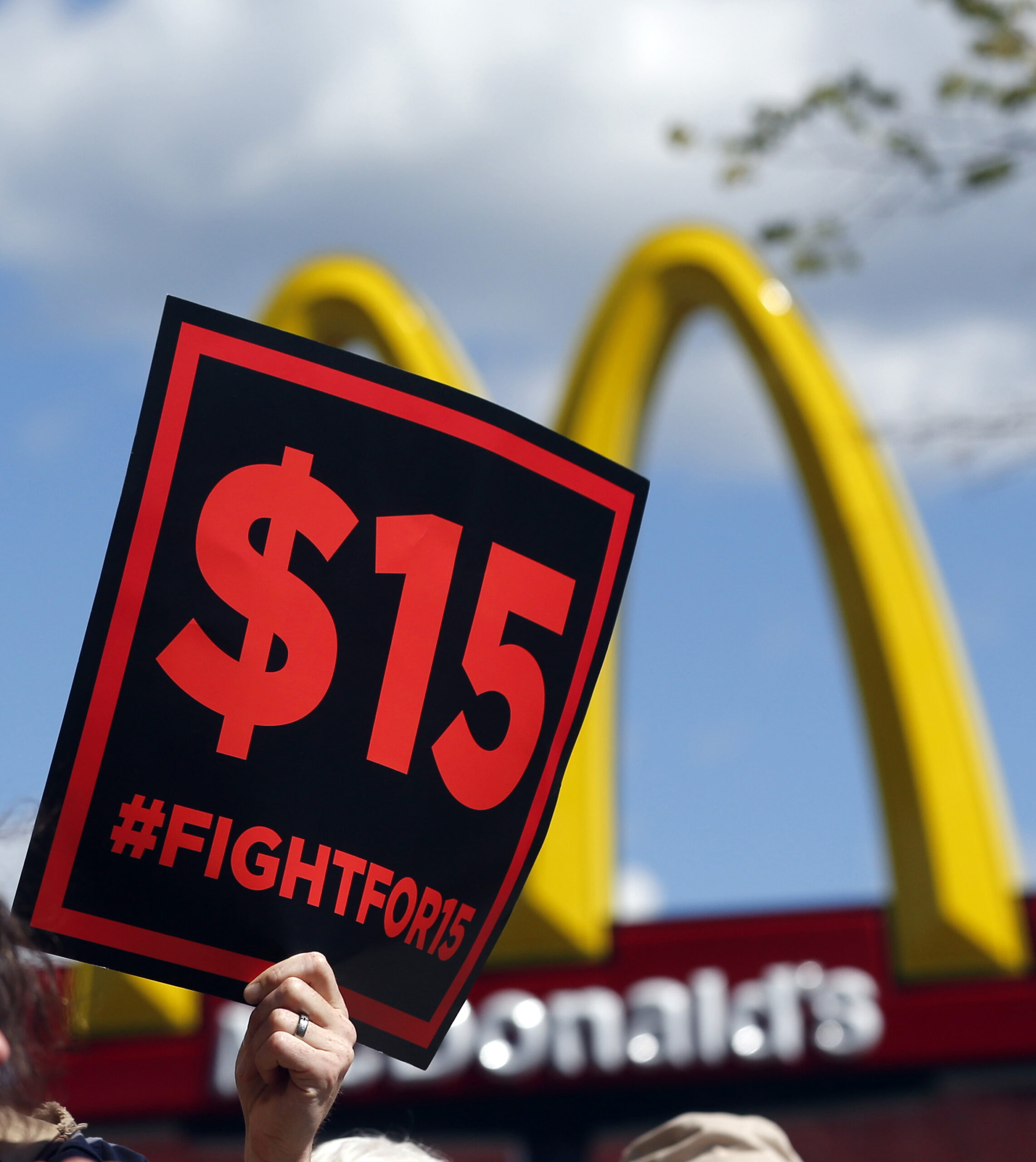A new study by researchers from the University of Washington is being criticized for claiming to prove, despite problems in their survey’s method, that raising the minimum wage in the Seattle area resulted in mass job losses.
The study analyzed the effects of Seattle’s Minimum Wage Ordinance, which raised the minimum wage from $9.47 to $11 per hour in 2015 and to $13 per hour in 2016. The authors of the UW study concluded that “the second wage increase to $13 reduced hours worked in low-wage jobs by around 9 percent, while hourly wages in such jobs increased by around 3 percent.”
They added that, because they observed the total payroll falling for those types of jobs, this implies “that the minimum wage ordinance lowered low-wage employees’ earnings by an average of $125 per month in 2016.” The first pay minimum wage hike was better, they noted.
The Economic Policy Institute, a left-leaning nonprofit think tank, challenged the study’s conclusions by pointing to what they argue are its methodological shortcomings. In their analysis, Ben Zipperer and John Schmitt argue that “the employment responses estimated by the authors are well outside the bounds of most published research.”
“The study implausibly finds employment changes due to the minimum wage in parts of the labor market where there should have be none,” they add, noting that “the study excludes an important group of workers, representing roughly 40 percent of the workforce: those working for employers with businesses in multiple locations.”
A crucial component of the EPI’s critique is that the University of Washington study incorporated conclusions so bold that even previous criticisms of the minimum wage haven’t come close to advocating them.
“The size of the employment losses estimated by the authors is much larger than those estimated in earlier research on the minimum wage — including research by consistent critics of the minimum wage,” EPI wrote. “The authors argue that these large effects indicate that their study and results should be seen as an important new contribution to the large body of existing research on the minimum wage.”
The authors added: “But, these results, combined with other potential concerns about data and methodology, which we highlight in later sections of this paper, are instead better seen as substantial outliers that raise as many data and methodological questions as they answer.”

